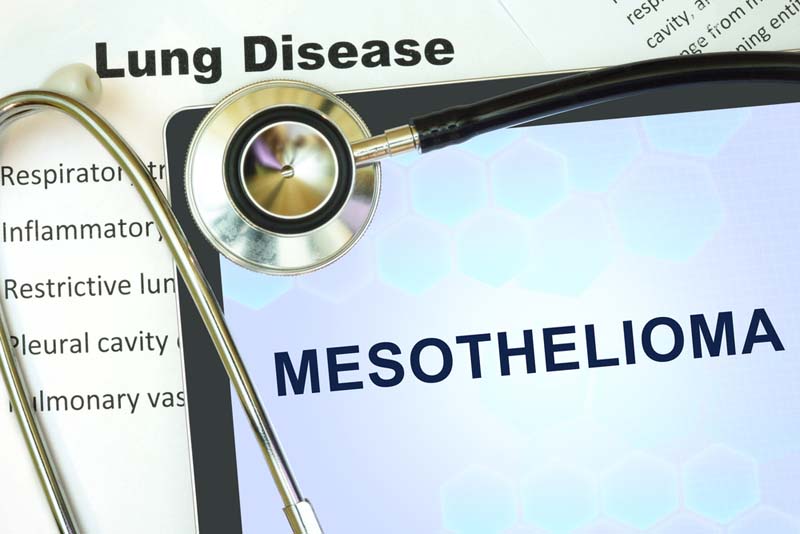Mesothelioma: Definition, symptoms and types
Mesothelioma is a rare and aggressive form of cancer that affects the lining of the chest, abdomen, and the lining surrounding the heart. It is most commonly caused by exposure to asbestos, a group of minerals that are widely used in construction and manufacturing because of their strength and heat-resistant properties.
When asbestos fibers are inhaled or ingested, they can become lodged in the lining of the lungs, abdomen, or heart, causing irritation and inflammation over time. This can eventually lead to the development of mesothelioma.
Symptoms
Symptoms of mesothelioma may not appear until decades after the initial exposure to asbestos. Common symptoms include difficulty breathing, chest pain, and a persistent cough. Other symptoms may include abdominal pain, swelling, and weight loss.
Diagnosis Difficulties
Diagnosis of mesothelioma is often difficult because the symptoms can be similar to those of other respiratory conditions. It is usually diagnosed through a combination of physical exams, imaging tests, and biopsy.
3 Main Types of Mesothelioma
There are three main types of mesothelioma: pleural mesothelioma, which affects the lining of the lungs; peritoneal mesothelioma, which affects the lining of the abdomen; and pericardial mesothelioma, which affects the lining surrounding the heart.
Treatment Options
Treatment options for mesothelioma may include surgery, chemotherapy, and radiation therapy. The type of treatment recommended will depend on the stage of the cancer and the overall health of the patient.
It’s Serious
Mesothelioma is a serious and life-threatening disease, and it is important for individuals who have been exposed to asbestos to be aware of the potential risks. If you believe you may have been exposed to asbestos, it is important to talk to your doctor about your risk for developing mesothelioma and to undergo regular screenings for the disease.






































